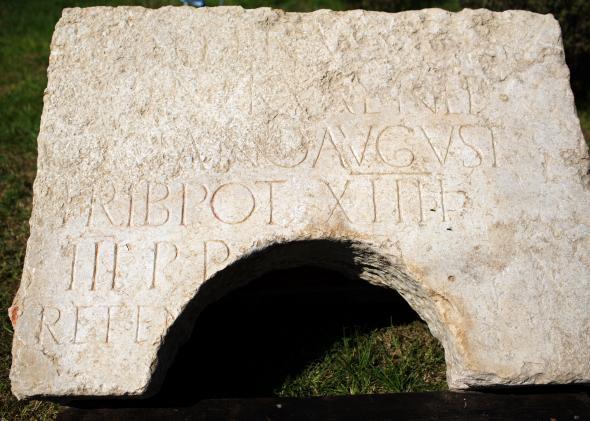THE MOST MORTIFYING—
Sorry.
The most mortifying typographical error of our modern digital moment, the bedevilingest faux pas, is of course inadvertent CAPS. (Followed by autocorrect, which keeps insisting that I mean “bedevil ingest faux pas.” That is NONSENSE, autocorrect.)
As it did there, the intentional use of capital lettering adds vehemence, color, and variety to text. It conveys the intensity of your feelings but injects an underlying playfulness, almost as if you were writing in bubble letters. Caps are often a harbinger of joy (“GREAT NEWS”) or, at least, of the kind of sarcasm that brings fleeting joy to the recipient. (“GREAT NEWS. Wanda canceled again.” “LOL.”) They express outsize emotion, which—given the constraints of polite society—generally means positive emotion, unless it is feigned outsize emotion, often signaling a joke, in which case: also a positive. (Caps of pure rage are so vanishingly rare that it feels dubious, here, to even bring them up. Fact: You are likelier to suffer a shark attack than you are to encounter rage caps in the wild.)
That uppercase letters almost always traipse along under a large ethereal plus sign is what makes them dangerous. They are like a big, exuberant golden retriever, liable to escape and slobber all over somebody if the leash slips from your hand. Think back to the last time you popped a cap at a person by mistake. Maybe a co-worker informed you she had sent over some documents and you replied, “GREAT.” Or maybe a gentleman texted you asking about coffee and you answered, “SOUNDS FUN.” The squickiness of the predicament in which you then found yourself flowed not only from the fact that you came off as unnaturally enthusiastic. It also inhered in how correcting the error required, or would have required, you to communicate something like, “Oh, I’m sorry! I’m actually not as excited about the topic we’re discussing as I previously suggested.”
Indeed, the difficulty of walking back from an inadvertent majusculation is what makes this faux pas unique. When autocorrect changes “sounds appealing!” to “sounds appalling!,” you can repair the damage by correcting the correction (perhaps with a quick “ugh, autocorrect”). With an accidental “reply all,” it is pretty clear what happened, and your fate depends entirely on what you said. But with unintended caps, there’s no delicate way to protect one’s aura of detached, discerning cool without deflating one’s correspondent: Even neutral words like YEP or HMM sound more affirmative, engaged, or thoughtful than their lowercase counterparts. Wayward caps force you into an uncomfortable calculation: What matters more, your dignity or the other person’s feelings? ARE YOU A DORK OR A MEANIE?
But wait a second. Aren’t the above capital letters formulating a negative sentiment? Don’t they suggest that I’ve grabbed you by the lapels and am shouting undesirable alternatives in your face? Not really. Since such an outpouring of true emotion would be inappropriate in context, you probably concluded (correctly) that I was joking. And if I were not joking? If I had wanted to pose a measured question in order to prompt in you a moral awakening, but had pressed caps lock by accident—“Are you a dork or a meanie,” she asked, looking searchingly into his eyes”? I’d be out of luck. I’d have already undercut my query by dressing it up in clown shoes.
I could say, “No, but seriously,” and then retype the words in lowercase, but who has the time? (Especially with autocorrect introducing balderdash everywhere.) It is enough to make one yearn for the bad old days before movable type popularized the use of mixed casing, the pre-1300 era of either majuscule or miniscule script, but never both. After all, no Roman would assign a different valence to VALE than to vale. Lowercase letters hadn’t even been invented yet. ALL THE CORRESPONDENCE OF THE ANCIENT EMPERORS LOOKED LIKE THIS. AND LOOK HOW CIVILIZED THEY WERE.
